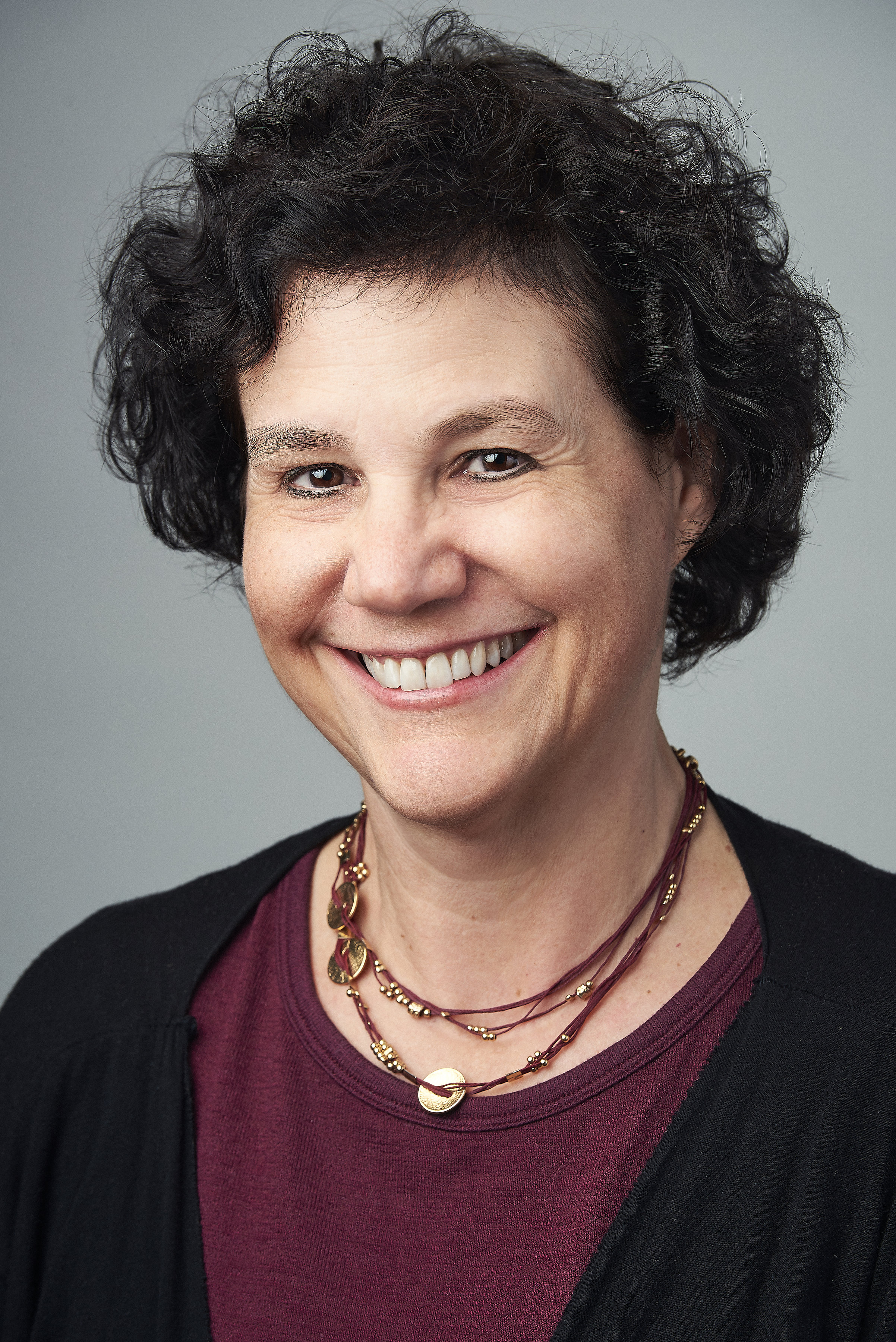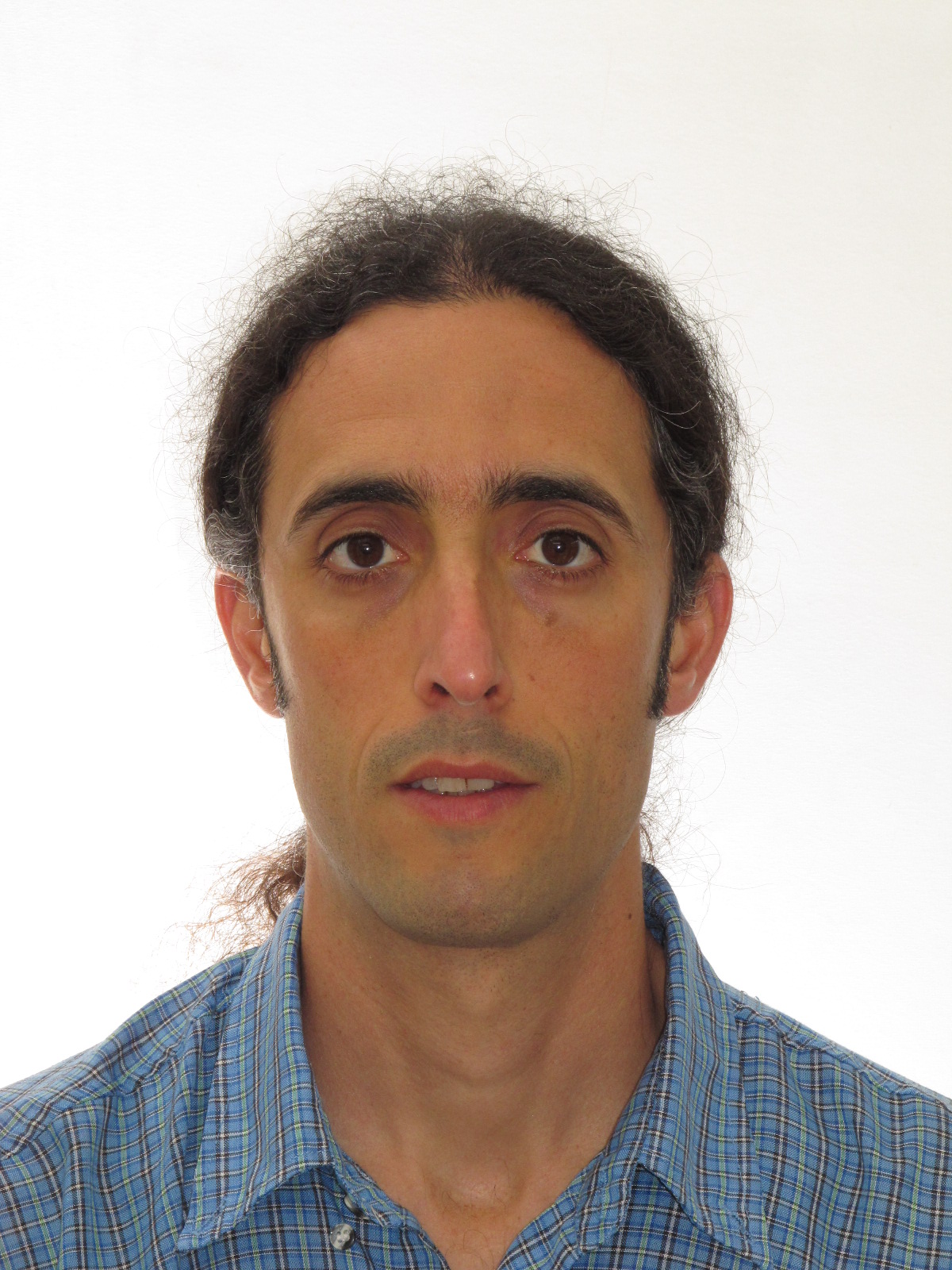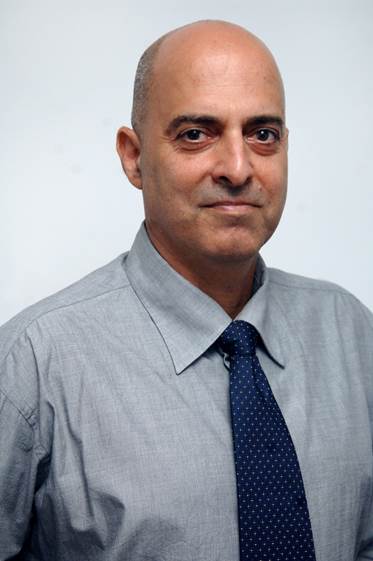








Rosenfeld, Yehiel
Yehiel Rosenfeld (Technion) - Engineering, Technology and Planning
Professor Yehiel Rosenfeld (born 1952) heads the Construction Engineering and Management Program at Technion – Israel Institute of Technology where he teaches Graduate and Undergraduate courses, and he is Head and a senior researcher at the Israeli National Building Research Institute (http://nbri.net.technion.ac.il) – where he conducts studies and projects for government and for public and private organizations. He also served as Visiting Professor at M.I.T. – Massachusetts Institute of Technology, where he had taught four full academic years (Sabbaticals) in addition to research collaborations. Dr. Rosenfeld has gained a broad perspective of the construction industry worldwide as BOD (Board of Directors) member of two leading international organizations, CIB - The International Council for Research and Innovation in Building and Construction (the major International scientific organization of research institutes worldwide in building, construction and related fields), and IAARC - The International Association for Automation and Robotics in Construction. He has been engaged in the pioneering introduction and development of most innovative construction methods and technologies – including deployable structures, prefabrication, industrialization, automation, robotics and floating mega-facilities. He founded the Laboratory for Automation and Robotics in Construction – where construction technologies of the next generation are being developed. Many of his research projects, theses of graduate students, and professional publications deal with conceptual and practical aspects of innovative construction technologies. He pioneered the application of Quality Circles to construction sites in Israel and in the USA and achieved major productivity gains. Currently, Professor Rosenfeld is initiating two nationwide projects: improving the quality record of the construction industry, and upgrading the dwelling standard in existing housing stocks through a sophisticated techno-economic sustainable urban-regeneration plan. He acts as consultant and serves on important National and International professional committees, where he brings research into practice through interactions with top-level policy-makers, executives, and practitioners.
Salzberger, Eli M.
Eli M. Salzberger (University of Haifa) – Institutional Coordinator University of Haifa; Law
Professor Eli Salzberger was the Dean of the Faculty of Law at the University of Haifa and the President of the European Association for Law and Economics. He is a graduate of the Hebrew University Faculty of Law (1st in class). He clerked for Chief Justices Aharon Barak and Dorit Beinish. He wrote his doctorate at Oxford University on the economic analysis of the doctrine of separation of powers. His research and teaching areas are legal theory and philosophy, economic analysis of law, legal ethics, cyberspace and the Israeli Supreme Court. He has published more than 40 scientific articles. His latest book (co-authored with Niva Elkin-Koren) is The Law and Economics of Intellectual Property in the Digital Age: The Limits of Analysis (Routledge 2012), preceded by Law, Economic and Cyberspace (Edward Elgar 2004). He was a member of the board of directors of the Association for Civil Rights in Israel, of the public council of the Israeli Democracy Institute and of a State commission for reform in performers’ rights in Israel. He was awarded various grants and fellowships, among them Rothschild, Minerva, GIF, ISF, Fulbright, ORS and British Council. Salzberger was a visiting professor at various universities including Princeton, University of Hamburg, Humboldt University, University of Torino, Miami Law School, University of St. Galen and UCLA. Currently he is the director of the Haifa Center for German and European Studies, the director of the Minerva Center for the Study of the Rule of Law under Extreme Conditions and he is the co-director of the International Academy for Judges at the University of Haifa Faculty of Law.
Shamai, Michal
Michal Shamai (University of Haifa) – Welfare and Social Work Group head
Michal Shamai, Ph.D. is Associate Professor at the School of Social Work at the University of Haifa, Israel. Her research area focuses on the impact of potential traumatic events on micro and mezzo systems, such as, couples, families, community and helpers. Along her career she had received many research grants related to disasters created by war and terror (Israel Science Foundation, Educational Ministry, Ministry of Welfare and more). She is the author of many articles related to the impact of natural and human made disasters. In her research she uses quantitative and qualitative methodologies. In addition to her research activities Prof. Shamai has an extensive practice experience in psychosocial interventions with direct and indirect victims of war and terror; with communities during and after war and natural disasters; and with helpers (mainly social workers and educational psychologists) during and after disaster. Her research and practice experience was described in a book she authored: "Systemic interventions for collective and national trauma: Theory, practice and research" published by Routledge on 2016.
She has participated in many academic conferences, including as invited and keynote speaker presenting her researches regarding the topics of war, terror and natural disasters. She was invited several times to the Israeli media (TV and radio) to discuss her areas of expertise. She is a member in the board of several journals (Family Process, Journal of Family Therapy and Contemporary Family Therapy) and reviewer in many journals in the field of social work, mental health and trauma. Prof. Shamai received two awards for her research on the area of collective trauma. The first award was given by the Israeli Union of Social Work (2014) –Prof. Jossef Katan Award for the contribution of the academic work to the field (practice). The second was given by the American Academy of Family Therapy – for innovative contribution of research and practice with families and systems living in war and threat of terror.
Schreuer, Naomi
Naomi Schreuer (University of Haifa) - Engineering, Technology and Planning
Naomi Schreuer, Ph.D, O.T. has 33 years of clinical experience with people with diverse disabilities, as an occupational therapist. She is currently the chair of the Department of Occupational Therapy, Faculty of Social Welfare & Health Sciences, University of Haifa.
Her research area is focused on service accessibility and supportive physical technological and social environments for enhancing participation of vulnerable populations in daily activities including the extreme case of emergency preparedness. After the Second Lebanon War (2006), she was co-leader of the project “Emergency Preparedness and Response for Persons with Disabilities” funded by the Ministry of Social Affairs and Services, Israel. She will focus her research on accessibility of emergency services for vulnerable populations, due to language, culture, physical, sensory and cognitive deficiencies.
Shiftan, Yoram
Yoram Shiftan (Technion) - Engineering, Technology and Planning
Yoram Shiftan is a Professor of Civil and Environmental Engineering in the Technion, and the head of Technion Transportation Research Institute. Prof. Shiftan teaches and conducts research in travel behavior with a focus on activity-based modeling and response to policies and emergency situations, the complex relationships between transport, the environment and land use, transport economics and project evaluation. Prof. Shiftan is the editor of Transport Policy and was the chair of the International Association of Travel Behavior Research (IATBR). Prof. Shiftan received his Ph.D. from MIT and since then has published dozens of papers and co-edited four books.
Shmueli, Deborah - Head of Center
Deborah Shmueli (University of Haifa) – Head of Center, Public Policy Group
Deborah F. Shmueli is a faculty member in the Department of Geography and Environmental Studies at the University of Haifa, Head of the National Knowledge and Research Center for Emergency Readiness (awarded in 2018), and a co-Principal Investigator (PI) of the Minerva Center for Law and Extreme Conditions at the University of Haifa (awarded in 2013). After completing a four year term as Department Head, she is currently the Academic Head of the graduate program in Emergency and Disaster Management. The program covers six dimensions of disaster management: planning, prevention, mitigation, response, support and recovery. She is a planner specializing in environmental policy issues related to land use and allocation, water, solid waste and transportation. Strong foci are public sector and environmental conflict management and community and institutional capacity building and public engagement. She has served as a consultant for master plans in Israel (currently a member of the Strategic Planning team for Israel 100 – in year 2048), facilitated collaborative stakeholder processes, conducted conflict assessments and workshops on consensus building, conflict assessment and environmental/public sector conflict management. Over the last ten years she has worked intensively on land issues with Bedouin communities in the Negev, coauthored a book on the subject and served on a five-member Commission of Inquiry (appointed by the Israeli Ministry of Interior) into the desired municipal and spatial planning boundaries of the Bedouin communities in the Beer Sheva District. She currently serves as one of five permanent members of the Commission of Inquiry regarding Unification of Local Authorities, Changes in Areas of Jurisdiction of Local Authorities and the Redistribution of Resources among Local Authorities in the Haifa Metropolitan Area (Haifa Metropolitan Area Permanent Geographic Boundary Committee, Ministry of Interior). She is PI for two research projects for the Ministry of Science and Technology which focus on earthquakes: Evaluating Israel's Regulatory Framework for Earthquake Preparedness and Response and Recovery, including Public Engagement Mechanisms (completed, two articles in review); and Tools and mechanisms for public engagement in local authorities with regard to earthquake preparedness, response and recovery (completed first year).
Her undergraduate and master’s degree are from the Massachusetts Institute of Technology (MIT) (1980) and her Doctorate degree from the Technion, Israel Institute of Technology (1992).
Tubi, Amit
Amit Tubi (Hebrew University) – Environment; Public Policy
I am a geographer studying the interaction between society and the natural environment. My work explores the social, political, economic and institutional dimensions linked with processes of global environmental change and the environmental policy issues associated with such changes. My research examines how certain social groups become vulnerable to climate change and climate disasters, how they adapt to the adverse impacts of climatic perturbations and how institutions affect the vulnerability and adaptation of societies to climate shocks. I study the associated questions in multiple contexts and environments - from resource-dependent communities in drought-prone areas to metropolitan regions suffering from frequent flooding. My work on climate-society interactions builds on my background and research in physical geography. In this field, I focus on synoptic climatology, particularly the effect of large-scale atmospheric circulation patterns on environmental phenomena such as flash floods, extreme temperatures and dust outbreaks.
Vigoda-Gadot, Eran
Eran Vigoda-Gadot (University of Haifa) - Social Sciences Group head (also in Public Policy)
Eran Vigoda-Gadot is Professor of Public Administration and Management at the School of Political Science, The University of Haifa, Israel. He serves as the Dean of the Herta and Paul Amir faculty of Social Sciences and founder of the Center for Public Management and Policy (CPMP). Vigoda-Gadot is of the leading public administration and management researchers in Israel and well-recognized internationally. He expertises in the management of the public sector and his book (co-authored with Prof. Shlomo Mizrahi) on "Managing Democracies in Turbulent Times" was published with Springer (2014). As part of his research interests Vigoda-Gadot deals with threats and challenges to the administration of modern democracies in times of major risks and global rapid changes in a series of political, economical, natural and technological field. The major thesis behind his work is that managing modern nations becomes a greater challenge over the years with the increased likelihood to disasters and emergency events sourcing in a variety of reasons.
Vigoda-Gadot is the author and coauthor of more than 170 articles and book chapters, 11 books and symposiums as well as many other scholarly presentations and working papers. His studies were funded by the Israeli science foundation, the European Community Program, and the German-Israeli Foundation, to name only few. He was awarded for Excellency by the Academy of Management Association and by other associations and publishing houses for his studies and publications over the years. Vigoda-Gadot is member of several national and international consulting committees working closely with public institutions and local municipalities on topics related with managing democracies in times of change and risks to social orderand also serves in various scientific associations and Boards in Europe and in North America that deal with these challenges.He presented his work in many universities globally.
Weimann, Gabriel
Gabriel Weimann (University of Haifa ) – Social Science
Dr. Gabriel Weimann is a Full Professor of Communication at the Department of Communication at Haifa University, Israel and a Visiting Professor at the University of Maryland. His research interests include the study of media effects, political campaigns, persuasion and influence, modern terrorism and the mass media. He published nine books: Communicating Unreality (Los Angeles: Sage Publications, 2000); The Influentials: People Who Influence People (State University of New York Press, 1995); The Theater of Terror (New York: Longman, 1994); Hate on Trial (Toronto: Mosaic, 1986); The Singaporean Enigma (Jerusalem: Tzivonim, 2001); Terror in the Internet: The New Arena, the New Challenges (Washington, DC: USIP Press, 2006), Freedom and Terror (London: Routledge, 2011); Social Research in Israel (Jerusalem: Tzivonim, 2015), and Terrorism in Cyberspace (New York: Columbia University Press, 2015). His papers and research reports, more than 180 publications, have been published in scientific journals such as Journal of Communication, Public Opinion Quarterly, Communication Research, Journal of Broadcasting and Electronic Media, American Sociological Review and others. He received numerous grants and awards from international foundations, including the Fulbright Foundation, the Canadian‑Israel Foundation, the Alexander von Humboldt‑Stiftung, the German National Research Foundation (D.F.G.), the Sasakawa Foundation, United States Institute for Peace (USIP), The Woodrow Wilson Center, the Australian Research Council and others. Prof. Weimann was a Visiting Professor at various universities including the University of Pennsylvania, Stanford University, American University (DC), Hofstra University, Lehigh University (in USA), University of Mainz and University of Munich (in Germany), Carleton University (in Canada), NYU branch in Shanghai, China and the National University of Singapore.
Weinberg, Michael
Michael Weinberg (University of Haifa) – Welfare and Social Work
Michael Weinberg, Ph.D. is a Lecturer and the head of the M.A and Supplementary studies in School of Social Work, Faculty of Social Welfare and Health Sciences, University of Haifa. In addition he is the head of the trauma social work specialization in the MA program. His research focuses on exploring the coping process with stress and trauma (e.g. terror attacks, traumatic events, war etc.). Within this line of work he examined the survivor, the spouse, their bidirectional relationships and the general population. His research also focuses on the secondary trauma experienced by therapists and undergraduate students providing psychological and emotional assistance to trauma survivors. In addition, he is involved in research projects which are aimed at exploring the traumatic bereavement trajectories following a traumatic and violent death of a child. Michael Weinberg has published over 20 articles in peer reviewed journals and book chapters concerning coping with trauma and stress.


